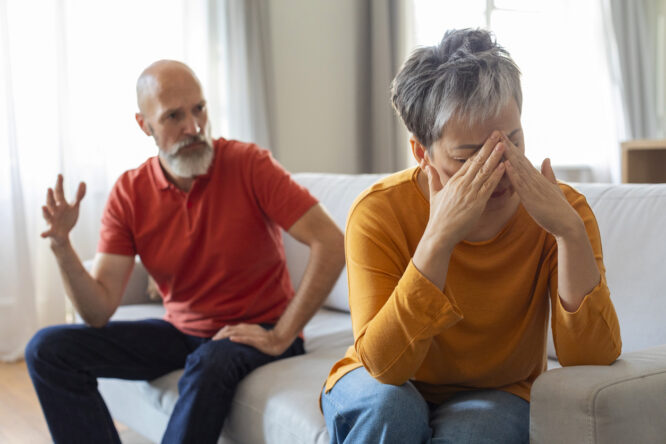When many people think of social anxiety, they assume those who have it are awkward or incapable of enjoying being part of a group, but that’s not it at all.

While those things can certainly be true, social anxiety has more to do with how the person who has it feels rather than how they act around other people. In fact, many times, you might not even know that someone who’s severely socially anxious even feels that way because their behaviour definitely doesn’t show it. There are many misconceptions around this condition that only make it harder for those who experience it, and they need to be corrected.
1. People think it’s just being shy.
 Source: Unsplash
Source: Unsplash Shyness is about feeling a little awkward or quiet in new situations, but social anxiety takes it up ten notches. It’s worrying about every tiny thing you’ve said or done, often long after the conversation is over. Even with people you know well, the dread can kick in, making even “simple” conversations feel like a high-stakes exam. So no, it’s not just “shyness.”
2. People think you’re rude if you’re quiet.

Social anxiety isn’t about ignoring people or being aloof—it’s the opposite. You’re overthinking every response, trying to avoid saying the “wrong” thing. Staying quiet isn’t rudeness; it’s often self-preservation. Sometimes, silence feels safer than risking the embarrassment of stumbling over your words.
3. People think you’re antisocial.

Social anxiety doesn’t mean you hate people or don’t want to hang out. You might love your friends and enjoy company, but the thought of initiating plans or navigating social settings can feel overwhelming. It’s not that you don’t want to be there; it’s just that your brain turns every small thing into a big deal.
4. People think it’s about big crowds only.

Sure, big crowds can be intimidating, but social anxiety can strike anywhere—even in one-on-one conversations. A simple phone call or talking to a cashier can feel just as daunting as speaking in front of a room full of people. It’s not the size of the group; it’s the pressure to “get it right.”
5. People think it’s easy to “just relax.”
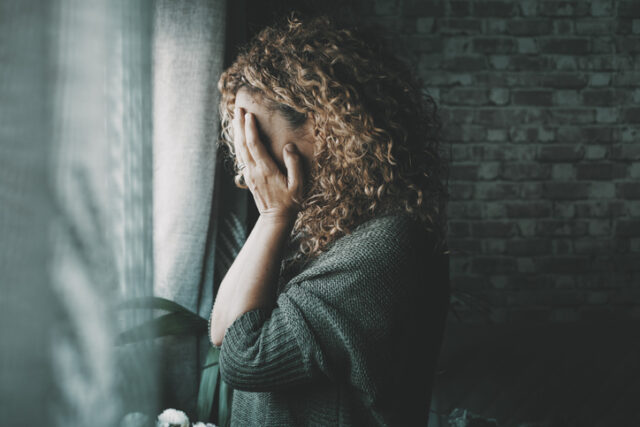
Oh, how lovely it would be if “relax” worked like a magic spell. Social anxiety doesn’t disappear with deep breaths or a quick pep talk. It’s like having a constant critic in your head, replaying scenarios and pointing out every perceived flaw. Telling someone to “relax” often just adds to the pressure.
6. People think you’re overreacting.
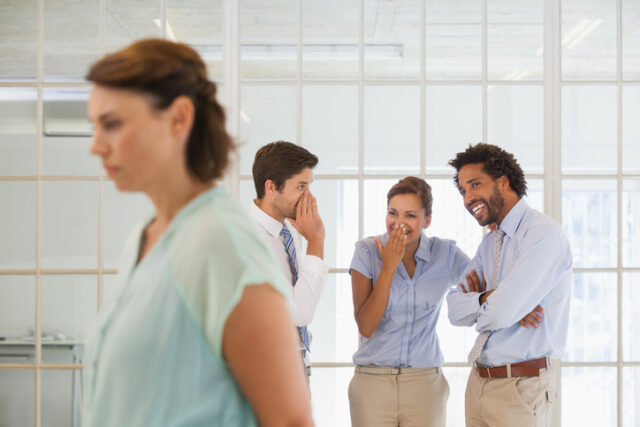
“What’s the big deal?” is a common reaction, but social anxiety isn’t about rationality. Your brain convinces you that everyone is judging you, even when they’re not. It’s not an overreaction; it’s a real struggle to manage emotions that feel uncontrollable in the moment.
7. People think it’s obvious when you’re anxious.
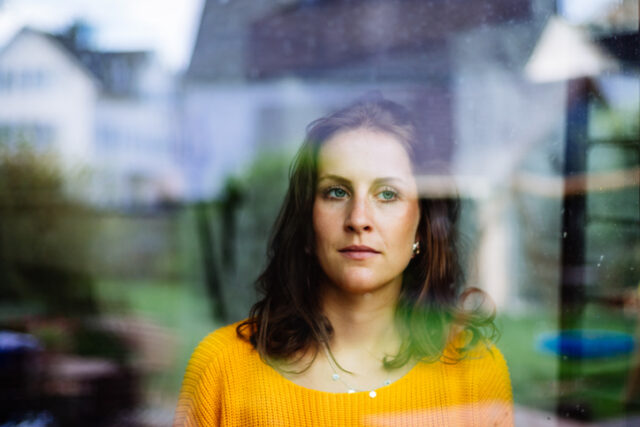
Social anxiety can be surprisingly stealthy. On the outside, you might look calm and collected, but inside, it’s a whirlwind of racing thoughts, sweaty palms, and a pounding heart. Most people have no idea you’re struggling because you’ve become a pro at masking it.
8. People think it’s about avoiding eye contact.

It’s not always about avoiding eye contact or hiding in the corner. Sometimes, people with social anxiety overcompensate by being overly engaging or friendly, just to hide how anxious they feel. You might never guess someone’s struggling because they’re trying so hard to blend in.
9. People think it’s something you can outgrow.

Social anxiety isn’t a phase you leave behind in your teenage years. It can stick around and evolve, showing up in different ways as you get older. Some people manage it better with time, but that doesn’t mean it vanishes. It takes effort, self-awareness, and sometimes professional help to cope.
10. People think it’s only about social situations.

Social anxiety can leak into every part of your life, not just parties or meetings. It can make you overthink texts, emails, or even how you look walking down the street. It’s not just about being around people—it’s about the constant fear of being judged, no matter where you are.
11. People think it’s an excuse to avoid things.

Cancelling plans or skipping events isn’t about laziness or making excuses. Sometimes, the anxiety is so overwhelming that it feels impossible to show up. It’s not that you don’t care; it’s that your brain convinces you you’re going to mess up, be judged, or stand out for all the wrong reasons.
12. People think it’s just nervousness.
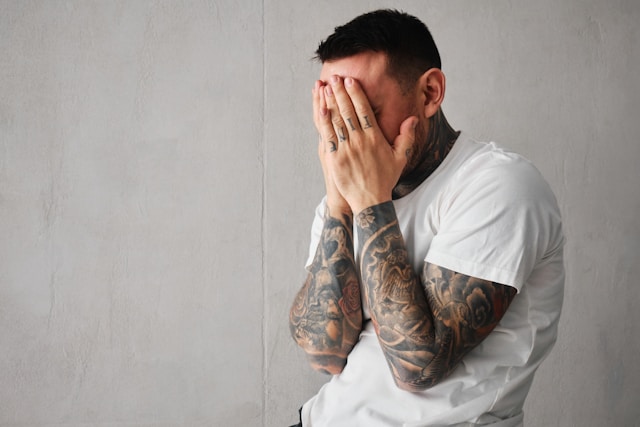
Nerves are normal before a big event, but social anxiety is like nerves that never switch off. It’s not just a fleeting feeling; it’s a persistent cycle of worry, self-doubt, and avoidance. Even if the situation goes well, you’ll probably replay every moment, wondering if you did something wrong.
13. People think you’re exaggerating when you ask for space.

Asking for space or alone time isn’t dramatic—it’s necessary. Social anxiety can be exhausting, and sometimes you need a break to recharge. It’s not about being moody or dramatic; it’s about finding a moment to breathe without the constant pressure of social expectations.



